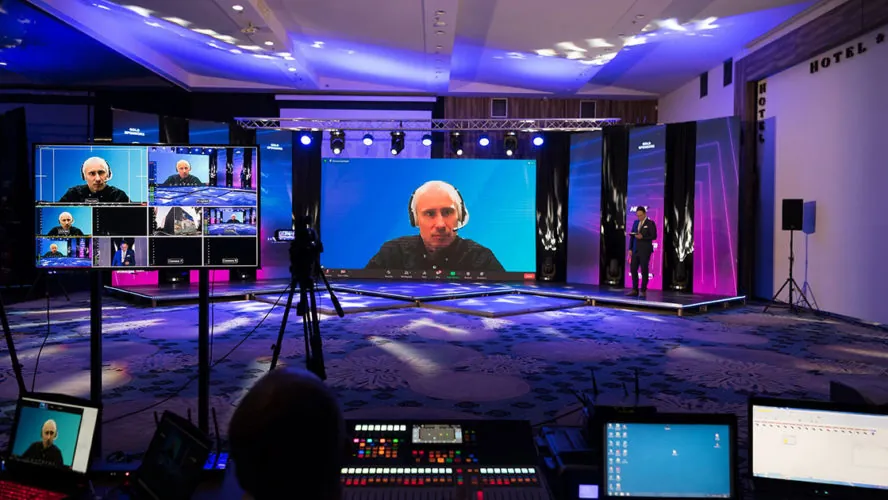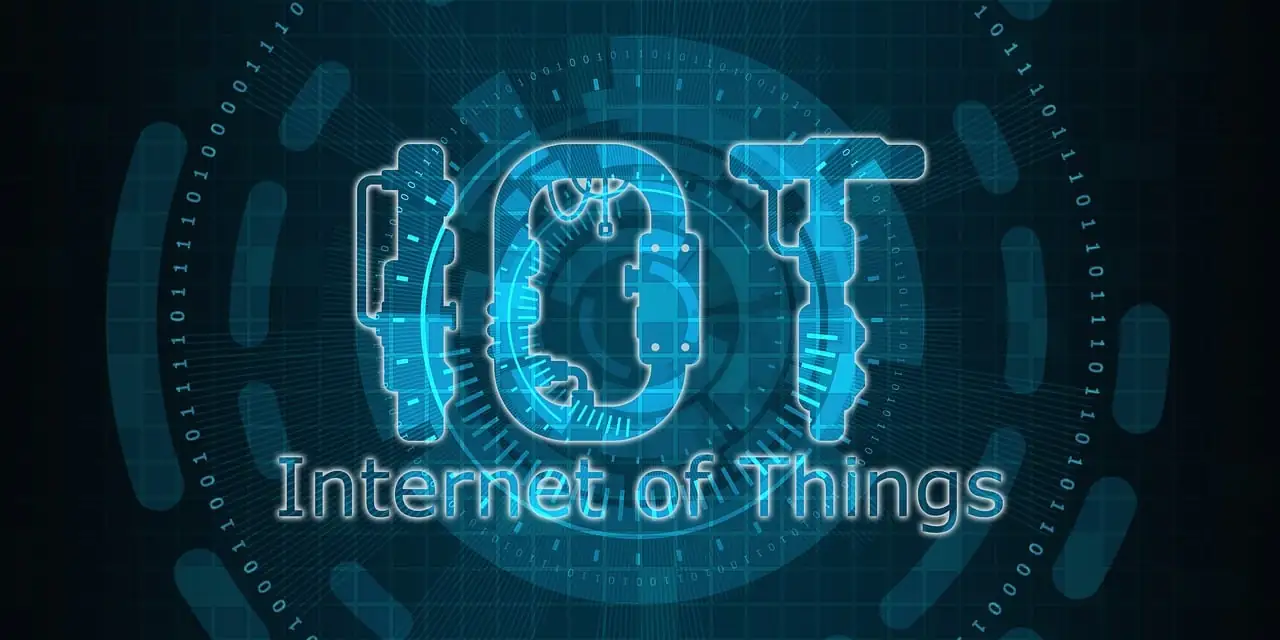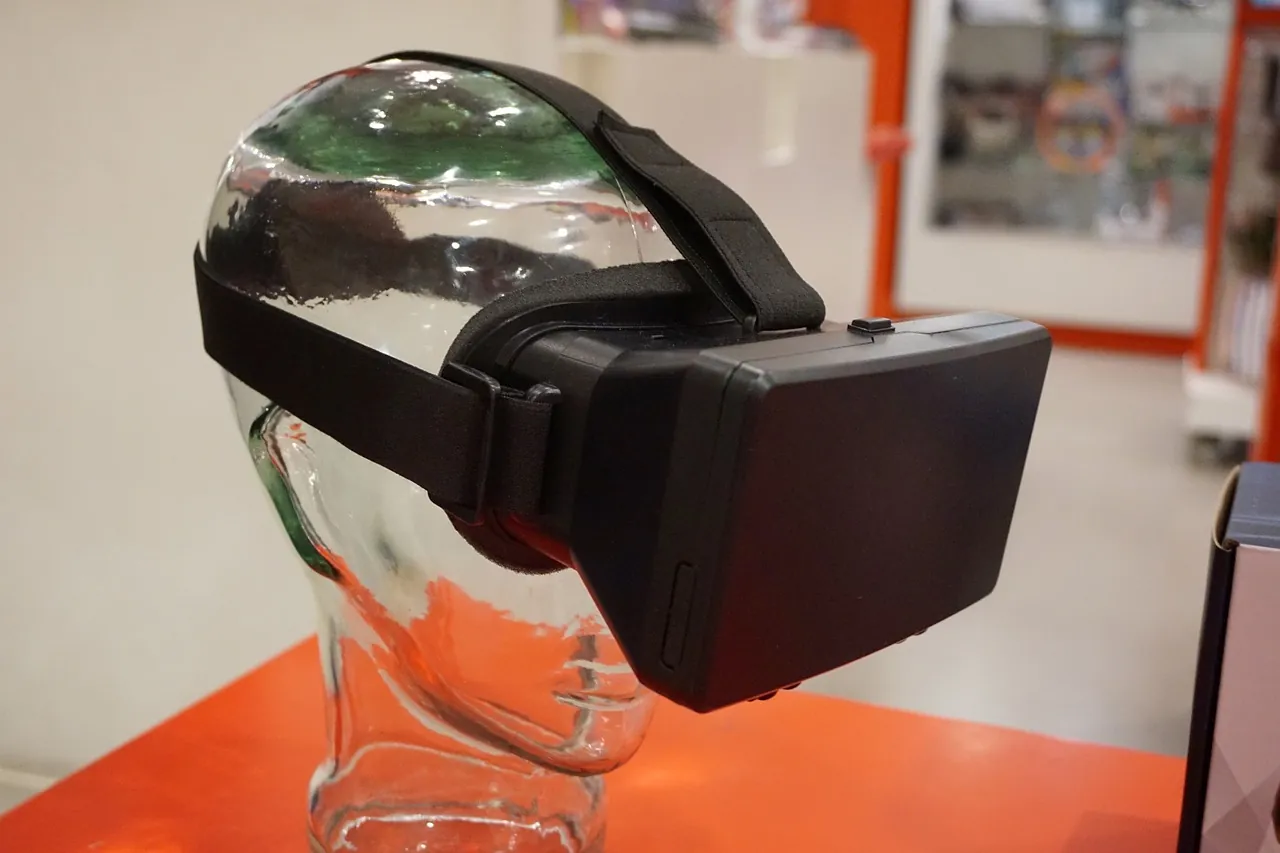
Creating Impactful Event Branding and Signage
March 6, 2025
The Power of Experiential Marketing in Events
April 3, 2025What’s Next According to an Event Management Company
Research Guide · 20 Mar 2025

Technological advancements, shifting attendee expectations, and growing environmental awareness is causing a rapid evolution of the event management industry. These trends are particularly relevant here in Singapore as this is a global hub for innovation and events. Let’s dive in and explore the emerging trends shaping the future of event planning and management.
The Rise of AI-Powered Event Planning

Efficiency and innovation are paramount in Singapore. As a result, AI-powered tools are becoming integral for event organisers to deliver seamless experiences. Artificial Intelligence is helping by automating processes, enhancing personalisation, and improving the decision-making process.
Hyper-personalised experiences: AI is helping event companies analyse attendee data, including past interactions and real-time behaviour, to curate tailored agendas, suggest networking opportunities and recommend relevant sessions or exhibitors. The more the level of personalisation, the higher the engagement and satisfaction.
Smarter scheduling: AI-powered predictive analytics can be used to optimise event timelines. This ensures smooth transitions between sessions. Schedules could even be adjusted dynamically based on attendee preferences and session popularity.
Enhanced networking: At networking events in Singapore, AI could analyse attendee data and connect people with similar interests or goals. It could facilitate meaningful interactions through automated introductions.
Real-time analytics: Facial recognition (with prior approval) and behavioural analysis can be used by AI monitoring tools to check attendee engagement. Based on the reports, organisers could make adjustments to enhance attendee experiences.
Marketing automation: AI can be used to optimise promotional campaigns by analysing audience preferences and automating tasks like email scheduling. This allows marketers to focus on creative strategies.
Smart Venues: How Tech is Changing Event Spaces

Whether it’s at roadshows in Singapore or corporate events, smart venues equipped with IoT (Internet of Things) technology are changing the face of all events. It’s helped by Singapore’s advanced infrastructure that makes this a prime location for smart venues that use the latest technologies to provide unique event experiences. Let’s understand a bit more.
IoT integration: Imagine a venue with interconnected sensors placed at strategic locations connected to a smart hub that gathers real-time data on how the crowd is flowing, the environmental conditions, and resource usage. This data will allow venue operators to provide better safety and optimise operations.
Operational efficiency: The advantage of smart venues is that they streamline processes like lighting, temperature regulation, and resource allocation with automation to reduce costs.
Immersive experiences: Smart technology can be leveraged to offer personalised interactions to attendees, e.g. digital signage that adapts based on attendee demographics. The benefits to attendees would be immense.
Data insights: Smart venues make it easy to collect data like attendee behaviour and preferences to allow organisers to make informed decisions and deliver targeted experiences.
The aim of smart venues isn’t just about using cutting-edge tech. It’s about creating meaningful, immersive experiences that bring people together through innovation. The possibilities are endless.
The Growth of AR & VR in Event Experiences

Augmented Reality and Virtual Reality are powerful tools that push the boundaries of what is possible at events. They provide immersive experiences, expand reach and enhance engagement. Their ability to captivate attendees and create unforgettable experiences is already proven. The potential of these technologies is only growing.
Immersive experiences: Virtual Reality (VR) headsets let attendees explore virtual environments or interact with 3D objects. People can be transported anywhere and experience limitless wonders. On the other hand, Augmented Reality (AR) overlays digital information onto physical spaces to make interactions much more fun.
Virtual participation: No more commuting to attend a seminar. AR and VR make geographical distances irrelevant by allowing remote attendees to participate as if they were physically present at the venue.
Gamification: AR and VR can be used to add gamification to events to make them interactive and engaging. Virtual scavenger hunts, interactive quizzes, and collaborative challenges are some of the ways to turn passive attendees into active and engaged participants. Game mechanics and rewards can further enhance engagement and create lasting memories.
Product demos: VR headsets or AR-enabled devices can be used to engage with lifelike simulations. AR can offer real-time product visualisation, whereas VR allows for immersive demos.
Sustainability and the Future of Zero-Waste Events

Sustainability, once a nice-to-have thing, is now a necessity for an event management company in Singapore. Environmental awareness is only growing, making sustainability a cornerstone of event planning. Add to that, Singapore’s Zero Waste Masterplan and Green Plan 2030 push industries, including event management towards sustainability.
Eco-friendly practices: Event planners are doing away with single-use plastics, sourcing locally produced materials, and minimising waste with innovative strategies like digital ticketing, virtual swag bags, and mobile apps instead of printed material.
Tech for sustainability: Hybrid events that combine virtual and in-person elements are gaining popularity. They contribute to reducing the carbon footprint of events while enhancing their accessibility. Additionally, AI-powered data analytics helps optimise event logistics, minimise waste, and carbon impact.
Green venues: More and more event planners will incorporate carbon offset programs and encourage attendees to contribute to them. The demand for Green Mark-certified venues is on the rise, too.
These trends are not just theoretical. They are actively being implemented to create world-class events. Embracing these advancements will help event companies in Singapore deliver impactful experiences while addressing modern challenges.
These cases demonstrate that branding and signage can be very effective and elevate our events, enhance the attendee experience and reinforce our reputation as a vibrant and innovative event destination. If you’d like to partner with an event company in Singapore that truly understands how to create an impact with event branding, event marketing, and event production, reach out to us.
Let’s Collaborate.
Get in touch with us for your next event!
We hope you enjoyed this article “Here’s Why Not Hiring an Event Company Could Be a Costly Mistake”. Head on to Our Works to see the events we have managed!
If you are looking to manage an event, then look no further than us.
